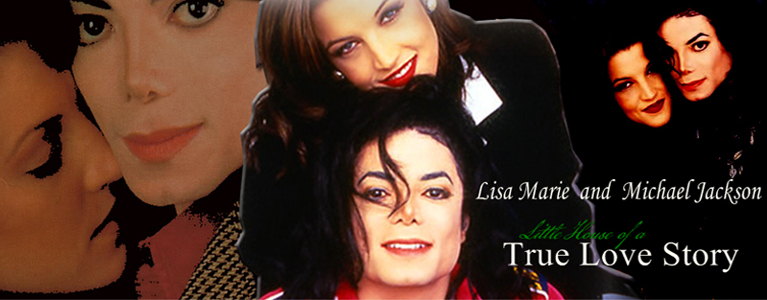By Alan Light
Special to MSN Music
Lisa Marie Presley had to go to England to come home. The only child of Elvis and Priscilla Presley, she had released two albums — “To Whom It May Concern” in 2003 and 2005’s “Now What” — which were moderately well-received pop-flavored efforts that didn’t shake up the world. After the tour that followed “Now What,” she relocated to rural England with her husband and young twin daughters, and severed ties with her record company and management.
At the urging of her husband, musician Michael Lockwood, and her new manager, Simon Fuller (the force behind the international “Pop Idol”/”American Idol” TV franchise), in 2009 she began some brainstorming sessions with three British songwriters: Sacha Skarbek (who’s written with Adele and Jason Mraz), singer-songwriter Ed Harcourt and Richard Hawley of the band Pulp. What emerged were compositions that were far more personal and emotional than anything Presley had previously shown, the words of a survivor who has pulled through a tough time: “I’ll find a new crowd, make a new start/ Farewell, fair-weather friends/I can’t say I’ll miss you in the end,” she sings on “So Long.”
Fuller sent her demos to producer T Bone Burnett, a 12-time Grammy winner known for his work with such artists as Alison Krauss and Robert Plant, B.B. King, and Elton John and Leon Russell. Impressed by the songs, Burnett agreed to oversee the album that would become “Storm & Grace,” bringing in his usual A Team of studio players to create a spare, acoustic-based sound that fits naturally with the daughter of Elvis Presley, but never feels imitative or gimmicky.
On the telephone from her home in England, 44-year-old Presley expresses pride in the new album, but still sounds a little surprised at the direction it took and the risks she was willing to accept. She says that getting back to the music born in the American South, where she grew up as royalty, wasn’t a conscious decision, creatively or strategically. “It wasn’t contrived,” she says, “the train just started rolling. This was just the bed where I found the best place for my voice to land.”
MSN Music: The rootsy, gospel-based feel in these songs certainly sounds like what we would think you listened to growing up in Graceland. But is that true? Maybe at home you just listened to Top 40.
Lisa Marie Presley: Yeah, it definitely is. When I was young and at home, I definitely had good influences. But on the first two albums I didn’t go there, to be rebellious. I knew what I was up against, and I thought that if I tried to sound like that, it would make it even more difficult for me. So I purposely did things to stay away from it. I had to get that out of my system. This sound is a very natural next step, but first I had to get through all that.
Why did going to England lead to such an American-sounding record?
It wasn’t intended. I had no agenda. I went to England to start from zero, having gotten rid of everybody around me — my label, in my career, and for me personally. It was my husband’s idea to go to Richard Hawley and Fran Healy (of the band Travis), people who hadn’t really written with anyone before. We went down obscure, not predictable alleys, we weren’t just going to the established hit-makers. And it unfolded from there.
What was different about working with those writers, in these conditions?
I could naturally start from scratch, with a blank canvas. There was no one breathing down my neck or putting any pressure on me, like there always was in the past. That allowed me the freedom, and I was ready to see what would come out of me. I was pretty bare and raw emotionally, and that’s what came out in the songs.
Was it scary to give yourself over to that in your writing?
Before, I was always terrified, so I’d sing louder, make the guitar louder, make any attempt to hide. This time, I was letting go of that protection, allowing the beauty of the melody to happen. I have a tendency to be overcomplicated, to show off, try to prove something. So not over-singing or over-producing, that simplicity was really the key.
A song like “So Long” feels very autobiographical and personal. Were you able to get to that kind of revelation right away?
The first song I wrote with Sacha was “Close to the Edge,” and then “So Long.” That set the tone, the vibe was there. But I think “Weary” was the one where it really changed. Richard is very simple, really old-school, and so he’s appreciative of that simplicity. I was still trying to overload and overdo things. And it was that collision that led to the breakthrough.
I just let go, stopped trying so hard, and when he left me with the song I said, “I’ll try this
